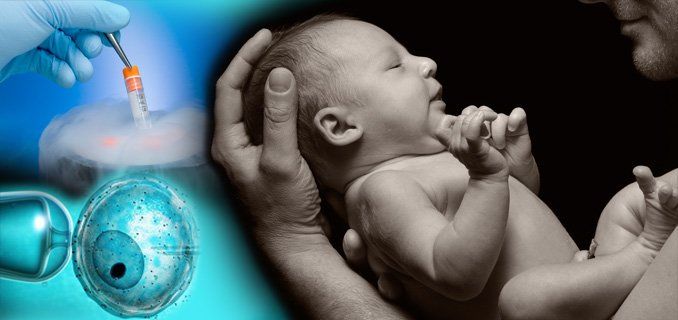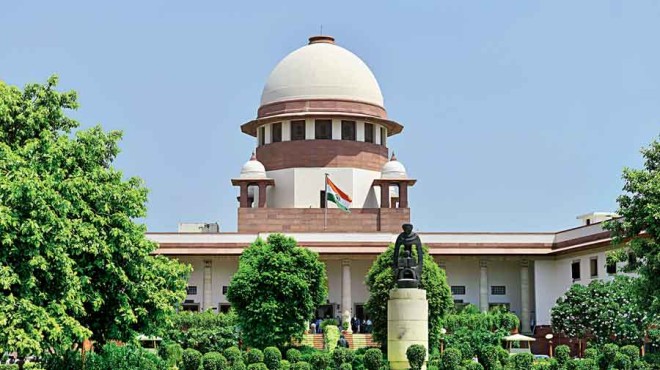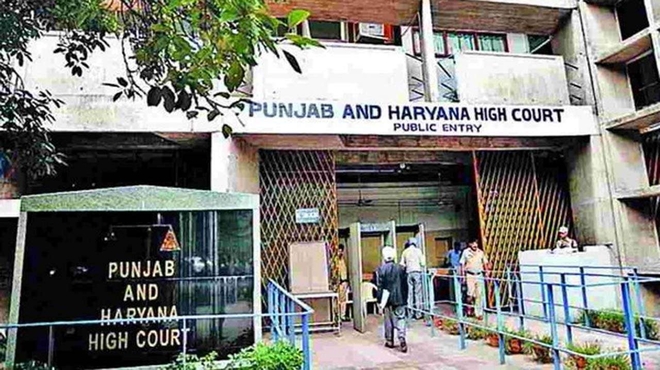Post Mortem Sperm Retrieval to get the legal nod soon?
July 11, 2016
AIIMS receives requests of all kinds from the kin of patients and the deceased. But this week, AIIMS received an unusual request from the widow of a dead man, who requested the doctors to retrieve the sperms from the body of her husband so that she can bear a child later on.
OUR TAKE
With technology moving so far ahead, it is difficult to imagine a world without newer technology every single day. The PMSR law in various countries are there in place because of strong view-points on the help technology provides in the medical field. Implementing the same in a country like India will have it's own complication. Therefore, the details of the law needs to be chalked out in detail much earlier and only then could debate be possible on actually bringing this out as a law.
Latest Legal News
.jpg)
3 Bills to Renew India's Criminal Justice System presented in Lok Sabha; All you Need to Know

âSorry state of affairs' in PoSH Act implementation; SC orders Govts. to ensure ICCs are constituted


 623+ Lawyers are online
623+ Lawyers are online 


.jpg)


